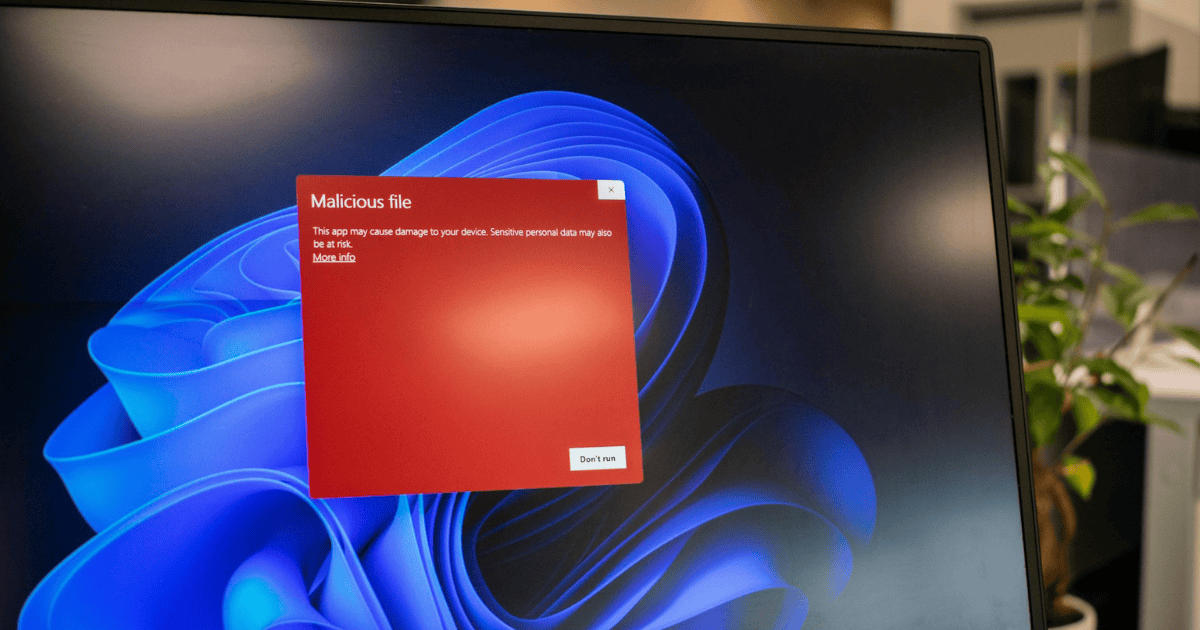Last Updated on 23 January 2024 by admin
To say that the previous year was difficult would be an understatement. The coronavirus epidemic has dominated 2020/21, which has dramatically impacted our planet in many ways forever.
As a result of the increased digitalization, the attack surface has inevitably expanded, and the virus has served as a catalyst for cybercrime, making the expanding cyber risk landscape a problem for most enterprises.
Making projections for the coming year is tough at a time when things are still mainly unclear. Instead, the focus of this blog will be on how organizations may adapt, adjust, and implement a successful cyber security strategy in order to face and endure the changing threat landscape.
COVID-19 and static cyber security strategies
The new era of cyber security is strongly reliant on the security of its digital infrastructure. As the digital and physical attack surfaces develop, a weak infrastructure allows malicious actors to exploit such gaps and become security concerns. Emerging technologies such as artificial intelligence, machine learning, and the Internet of Things (IoT) are becoming prevalent in business, and are inevitably tailgated by an abundance of threats.
The sheer volume of data breaches over the last year demonstrates how malicious attackers have taken advantage of the favourable position (and will continue to do so). Since the start of the epidemic, the FBI claims a 400-600 percent rise in cyber attacks, notably those involving phishing and ransomware. Furthermore, cybercrime is expected to cost the global economy $10.5 trillion per year by 2025. Finally, with an ever-increasing attack surface and a barrage of attacks, the requirement for optimal security is more important than ever.
Ultimately, with an ever-expanding attack surface and an onslaught of attacks, the need for optimal security is greater than ever. Business leaders must embrace proactive security, protect their cyber ecosystem and focus on minimizing cyber risk.
5 ways to prepare your cyber security strategy for 2022
Cyber attacks and data breaches have enormous reputational and financial ramifications for enterprises of all kinds, and we learn about fresh examples on a regular basis. For their company’s survival and longevity, CISOs and security leaders must take a proactive and strong strategy. Cyber security, on the other hand, must be prioritised and should play a prominent role in boardroom decisions. In preparation for 2022, our experts have compiled a list of recommendations to better prepare employees, IT teams, and overall security strategy.
Secure passwords are essential
You should better secure your devices and online accounts by using a combination of uppercase and lowercase letters, numbers, and special characters in your passwords. Even though a lot of individuals do it, using the same password across all of your accounts is extremely dangerous; all it takes is one leaked password for a hacker to have access to all of your accounts. It is much safer to use difficult passwords, two-factor authentication, and to change them frequently – check our recommendations on how to develop a secure password. Alternatively, use a password manager like 1Password or Keeper. This software application acts as a digital vault, storing your credentials in an encrypted database protected by a single master password.
Scam attacks
Over the last year, phishing and ransomware attacks have been among the most common social engineering attacks. Phishing scams often prey on real-life issues and are motivated by fear, thus the current pandemic has created a good setting for attacks.
Cyber attackers are increasingly using emails as a weapon, especially among individuals who work remotely and rely significantly on email. As a result, email should be considered a threat vector, as that is where 98 percent of malware is sent.
According to the FBI, business email compromise (BEC) is one of the most economically detrimental cybercrimes today. Our guide to spotting a phishing email informs you more about how to protect your organization from this type of crime.
Antivirus software
Viruses can readily spread from person to person and from network to network. Antivirus software protects your data by monitoring the files in your system and scanning them for dangerous activities. Devices are constantly exposed to new viruses, making them vulnerable, and updates frequently include changes in response to changes in security systems. As a result, updates are critical for maintaining the security of your digital environment.
Security awareness
Employees pose a risk to an organization’s security posture at risk by widening the physical perimeter (human attack surface). Human mistake is responsible for a large percentage of successful cyber-attacks and data breaches. It’s vital to instil a thorough grasp of cyber threats and procedures among employees, allowing them to better identify and respond to possible threats. It’s critical to understand what’s at risk.
Continuous security monitoring
In the wake of the pandemic and preparation for 2022, it is important to consider long-term and pre-emptive security processes that ensure you operate safely.
Continuous security monitoring (CSM) automates security to provide real-time actionable information, making it a popular approach to threat intelligence. CSM solutions, such as attack surface management and asset discovery, are key tools for security specialists. Instant access to key security metrics helps CISOs assess their overall security posture. There are countless benefits of CSM, such as easing the burden of mundane tasks and staying ahead of attackers. Therefore, we should expect an increase in organizations embracing this form of continuous security.
Fundamentally, monitoring your internal network alone and only using endpoint security measures no longer suffice. Of course, there is no omnipotent form of cyber security, but CSM is a very good place to start as we look to the future.
How Informer can help
Cyber security in the age of COVID-19 has no doubt assessed the abilities of systems and security strategies. As we edge towards 2021, it’s important to remember that resilience is key. Informer simplifies cyber security, helping you understand the threats you face while giving you full visibility of your real-time attack surface, providing smarter, faster and, more accurate security decision-making. It’s our priority to equip organizations with a robust solution, preparing them for success.





